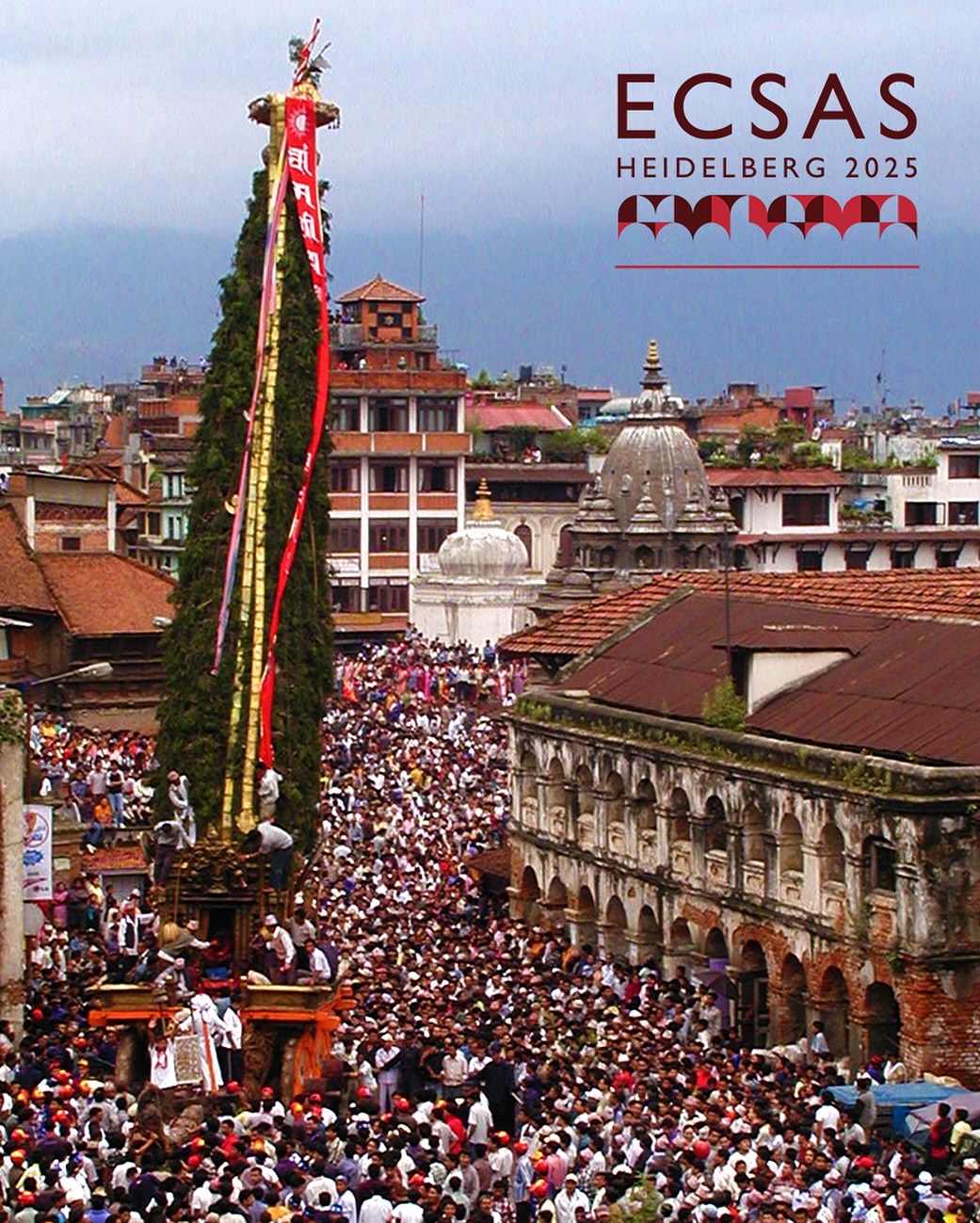The ENGAGE4Sundarbans team will participate in the 28th European Conference on South Asian Studies (ECSAS), taking place in Heidelberg, Germany, from October 1–4, 2025. During the conference, the team is organising a panel titled “Living with and Recovering from Coastal and Riverine Disasters: A Critical Approach to Riskscape”.

Under this panel, Samiya Selim, Director and Professor, Centre for Sustainable Development, University of Liberal Arts Bangladesh, and Md Nurul Islam, Lead Researcher, Research and Evaluations at SAJIDA Foundation, will deliver a presentation on “Governing the Commons: An Ethnographic Exploration of Local Adaptation Response to Complex Global Problems.”
Emilie Cremin, Institute of Geography and Sustainability – IGD, University of Lausanne, Switzerland; Souradip Pathak – IIT Kharagpur, India; and Tapas Mondal – SJSM, NGO, Kolkata, India, will be delivering a presentation on “Restoring Rights and Resilience: Ādivāsī Communities, Traditional Knowledge, and Environmental Conservation in the Indian Sundarbans” during the panel.
Emilie Cremin will convene this panel.
The discussion will focus on the challenges faced by riverine, deltaic, and coastal regions of South Asia, which are regularly exposed to cyclones, floods, and storm surges. These recurring hazards not only damage agriculture and infrastructure but also displace communities. The panel will explore how different stakeholders respond to these risks—through public management, community initiatives, agro-ecological practices, and nature-based solutions—while critically examining their effectiveness. By engaging with questions of power, the hydrosocial cycle, and local socio-ecological contexts, the session seeks to foster knowledge exchange on sustainable reconstruction and adaptation in complex, multi-risk environments.
Learn more about the conference: Click Here
Riverine, deltaic, and coastal areas of South Asia are frequently affected by hydrometeorological hazards, such as cyclones, floods, and storm surges. These recurring events damage agricultural production and public and private infrastructure. As a result, erosion of the coasts and banks has led to the displacement of many villages. For this panel, we are seeking contributions that examine the adaptive strategies deployed by different categories of stakeholders to cope with and adapt to hazards. The effectiveness of public management of hazards through structural (extension of embankments, construction of shelters, etc.) and non-structural (awareness raising, support for adaptive strategies, etc.), individual and collective strategies based on agricultural adaptations and agro-ecological technologies used in rice or shrimp farming, nature-based solutions initiatives, coastal or river restoration practices and other alternatives are all being called into question. Overall, we aim to create a site-based knowledge exchange that critically addresses the issue of adaptation by examining power relations between public and private sector actors to highlight the limitations of strategies adaptation. We thus wish to explore the source of the problem, considering the hydrosocial cycle and the social, economic, and ecological situations that support sustainable reconstruction in spaces exposed to multiple risks.
Convenor : Emilie Cremin
Presentations
Governing the commons: an ethnographic exploration of local adaptation response to complex global problems.
Selim Samiya – Center for Sustainable Development, University of Liberal Arts Bangladesh, Dhaka, Bangladesh
Islam Nurul – Sajida Foundation, Sajida Foundation, Dhaka, Bangladesh
Indigenous Lessons on Delta Adaptation
Theocharis Angelos – Department of Media, Culture, Heritage, Newcastle University, Newcastle Upon Tyne, United Kingdom
Restoring Rights and Resilience: Ādivāsī Communities, Traditional Knowledge, and Environmental Conservation in the Indian Sundarbans
Souradip Pathak – IIT Kharagpur, Kharagpur, Kharagpur, India
Tapas Mondal – SJSM, NGO, Kolkata, India
geophysical and human-made hazards. Additionally, they face significant socioeconomic challenges. They are among the poorest and most vulnerable groups in India, with limited access to education, healthcare, and economic opportunities. Their exclusion from forest areas, driven by conservation policies and development projects, has further undermined their livelihoods. Their vulnerability is exacerbated by socioeconomic
marginalisation, exclusion from forest areas, and the impacts of development projects like tourism and industrialisation.

